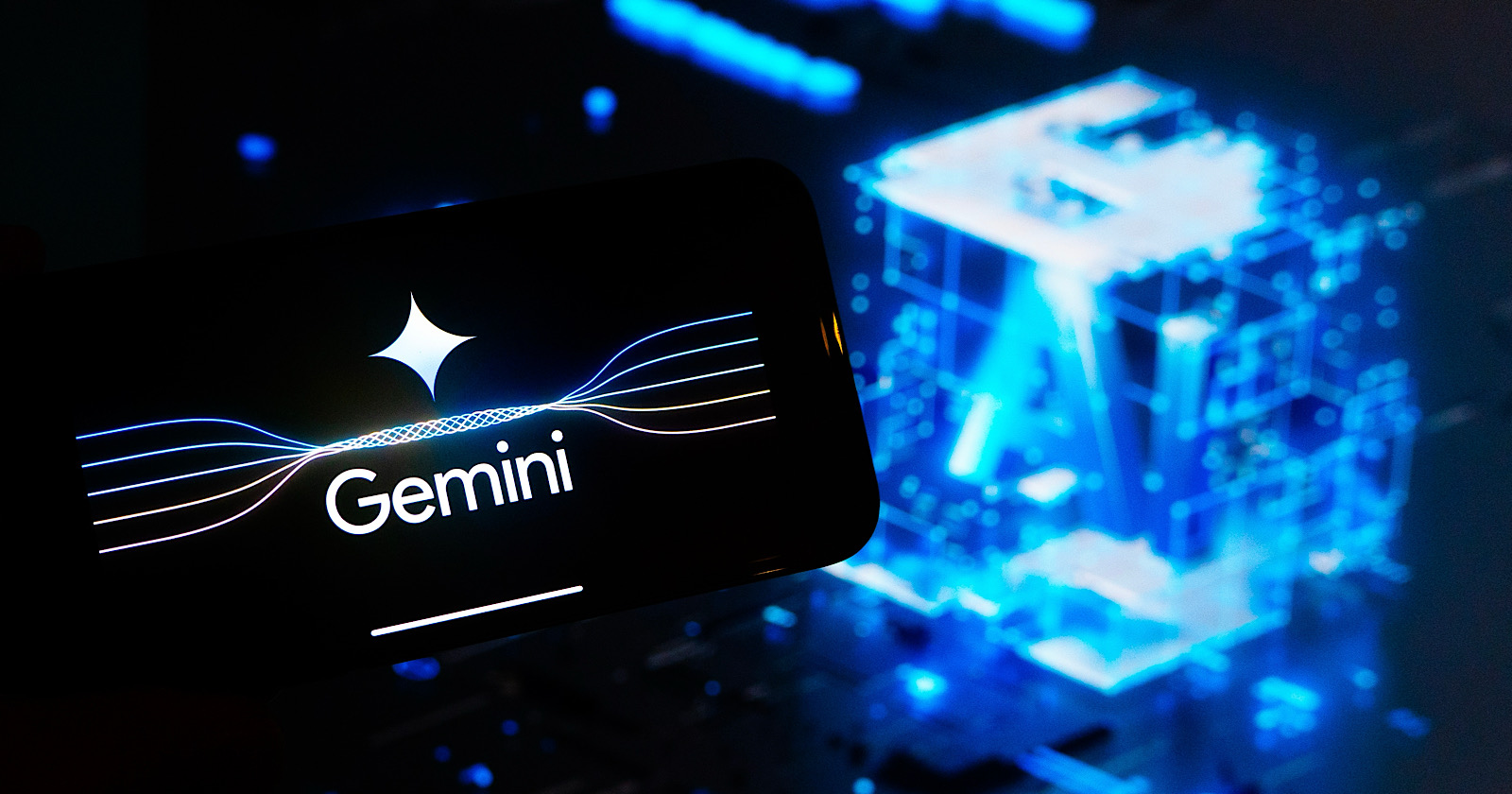Google has integrated its most advanced AI model, called Gemini, into the Google Ads platform to enhance advertising performance.
According to Shashi Thakur, Vice President and General Manager of Google Ads, this integration is meant to make it easier to create ad campaigns and help ads connect better with what people are searching for online as search behavior evolves.
Gemini: A New Frontier in Ad Creation
Gemini, which Google considers its leading AI technology, will now be used more widely across Google’s main products and services.
Applying Gemini to Google Ads is expected to be transformative, as it will enable more natural, conversational interactions that make it easier for users to create search advertising campaigns.
Thakur expressed enthusiasm about the progression, saying:
“We’ve been actively testing Gemini to further enhance our ads solutions. And, we’re pleased to share that Gemini is now powering the conversational experience. It’s the first of many Gemini integrations to come.”
The conversational tool combines advertisers’ expertise with Google’s AI capabilities. It starts with the advertiser’s website URL and uses AI to help create optimized search ad campaigns. The AI generates relevant ad content like creatives and keywords based on the site.
Beta Access For Advertisers
Google has launched the beta version of its conversational ad creation tool to English-speaking advertisers in the US and UK. The company plans to make it available globally to all English-language advertisers over the next few weeks. Support for additional languages is expected to follow.
Tests Show Enhanced Quality With Less Effort
Preliminary testing with a few advertisers has shown that conversational interactions considerably improve the quality of search advertising campaigns while decreasing the need for manual work. Ad Strength, a measurement that assesses ad copy relevance, quality, and diversity, has been a key sign of this enhancement.
Tom Foster, a Paid Search Manager at Page1, praised the new system:
“I found the conversational experience very easy to use. It helped me create even more high-quality ads with ‘Good’ or ‘Excellent’ Ad Strength, which has further improved the performance of my campaigns.”
Upcoming Features & Responsible AI Integration
Google is addressing the difficulty advertisers have in making engaging visual ads. Google plans to add a tool using AI to recommend images for campaigns. Advertisers will still choose final images to match their goals.
To be transparent about AI-generated content, Google will mark these images with invisible SynthID watermarks and metadata. This identifies images made by AI in Google Ads.
Stats show small businesses using conversational ad building are 42% more likely to get “Good” or “Excellent” Ad Strength scores. This matters because Ad Strength strongly predicts conversion rate. On average, conversions increase by 12% when Ad Strength goes from “Poor” to “Excellent.”
Looking Ahead
Google shares the industry’s optimism about the potential for AI to create new value for consumers and advertisers. However, Google aims to develop and deploy AI responsibly, in line with the principles for ethical AI development that the company outlined in 2018.
Advertisers and industry observers are advised to monitor Google Ads for future AI-enabled upgrades. Google also provides educational AI resources and tools for those interested in learning more about and working with AI technology today.
Featured Image: JLStock/Shutterstock
